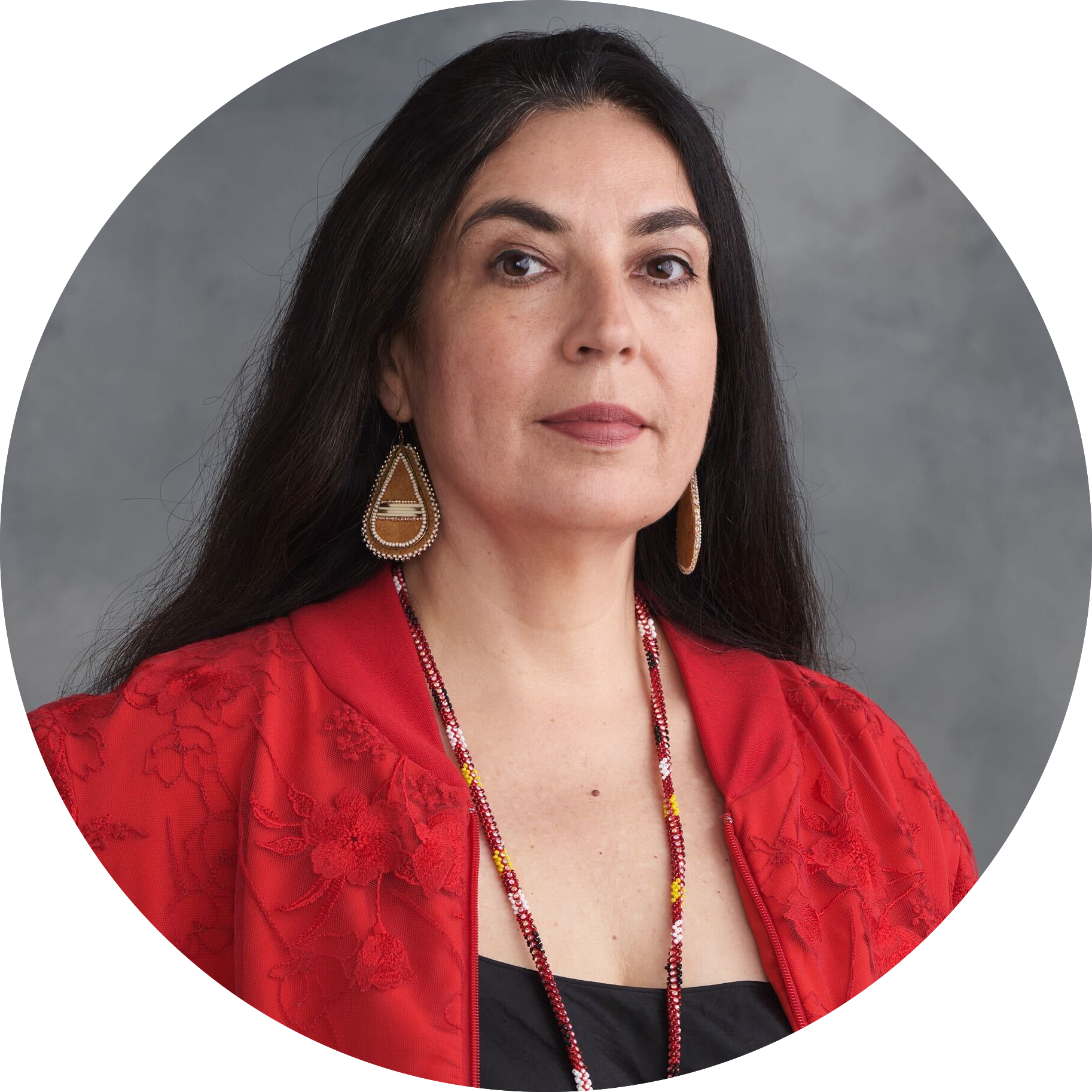
The root of the problem in northern Ontario
This story about a lawsuit involving First Nations in northern Ontario has deep roots — in...
“Responsible Resource Development.”
“World-Class Environmental Monitoring.”
“Jobs, Growth and Long-Term Prosperity.”
These are just some of the titles to emerge from the Harper government in recent years to pleasantly describe what is otherwise seen as a myopic and undemocratic program of increased resource extraction across the country. Yet, according to a new report released by the human rights watch group Amnesty International, Canada’s pursuit of energy superstardom has sidelined the nation’s human rights issues.
According to Amnesty International the Harper government has put economic development above human rights concerns and this is playing out most notably in the growing conflict between First Nations and the energy resources sector.
In a press release on its website Amnesty notes Harper’s recent statement to the UN General Assembly where he called for a world “where human rights and justice are preserved.”
Amnesty notes, “government action far too often fails to match those words.”
Alex Neve, director general for the group, recently told The Canadian Press that Amnesty wants human rights front and centre in next year’s upcoming federal election.
“With all the attention that will be on jobs and the economy, we have to recognize how important it is to deal with indigenous people’s land rights, corporate accountability and a trade policy that is grounded in human rights,” he said.
“All of that is not only good for rights and justice, but that’s actually ultimately the road for more sustainable economic growth.”
The Harper government has recently come under international fire for mistreatment of indigenous communities across Canada. James Anaya, the UN’s Special Rapporteur on the Rights of Aboriginal People, said Canada “faces a crisis when it comes to the situation of indigenous peoples of the country.”
Anaya said in the 10 years since the UN’s last visit to Canada, no significant progress has been made to address the very serious threats faced by aboriginal communities. In his recommendations to Canada, Anaya pressed Canada to avoid resource extraction on traditional indigenous lands without “adequate consultations” and the “free, prior and informed consent” of affected aboriginal communities.
Yet both federal and provincial governments have continued to push for new oilsands development, pipelines, fracking and mines on First Nations territory.
Intensive expansion of the oilsands in Alberta has led to multiple high-profile legal battles with local First Nations and proposed oilsands pipelines have ignited similar battles in British Columbia and likely Ontario.
A protest against gas fracking in New Brunswick made international headlines last year after a Mi’kmaq blockade on Elsipogtog territory was met with an aggressive police response including snipers. Similar conflicts have occurred on other reserves like that of the Kainai Blood Tribe, where aboriginal communities were met with violence and imprisonment for their opposition to fracking and natural gas development.
Mining has also been centre-stage in the conflict between indigenous communities and government and industry.
In British Columbia after the disaster at Imperial Metals’ Mount Polley mine the Tahltan nation set up a blockade at the entrance of the company’s Red Chris mine and called for an independent, third-party review.
The long-standing conflict between First Nations and the extractive industry was radically altered this year after the Tsilhqot’in people in Northern British Columbia won the most significant land title dispute in the country’s history. The implications of that precedent-setting decision will become clear as nations make similar land-based territorial claims across the province.
In addition the Harper government ratified the Canada-China Foreign Investment Protection and Promotion Act (FIPA), a trade agreement that pits First Nations rights against the legal obligation under the treaty to protect Chinese investments in projects like the Northern Gateway Pipeline.
Amnesty is calling on the Harper government to subject such trade agreements to rigorous and independent human rights assessments. Amnesty also recommends the government establish an ombudsman for the extractive industries and provide better access to Canadian courts for people harmed by Canadian mining companies.
The groups is also challenging Canada to respect both international and domestic laws that protect indigenous rights and to launch a public inquiry into Canada’s missing and murdered indigenous women.
Alexandra Lemieux, spokesperson with Natural Resources Canada, said “our government has taken substantial action to enhance participation of First Nations in resource development.”
She added, “we recently opened the Major Projects Management Office-West to enhance engagement between governments, industry and First Nations.”
According to Amnesty’s report an estimated 600 new major resource extraction projects are planned for Canada over the next decade. And although many of these projects will affect First Nations, Inuit and Métis the federal government has not ensured indigenous rights will be protected, the report states.
“Canada’s failure to ground economic development in respect for Indigenous peoples’ rights, hesitancy to ratify treaties that enhance law and order, and inconsistency in which countries attract Canada’s criticism are among the issues outlined in the new agenda,” Neve said.
“Economic growth, the quest for law and order and the promotion of freedom and democracy abroad must have respect for human rights at their core.”
“With an election on the horizon,” he added, “the human rights agenda is clear.”
“The road to economic success must be based on respect for rights of Indigenous peoples, upholding economic, social and cultural rights, welcoming refugees, and protecting the human rights of all."
Image Credit: Joyce Williams and Linda Williams of the Squamish Nation. Photo by Kris Krug.
Content for Apple News or Article only Get the inside scoop on The Narwhal’s environment and climate reporting by signing up for our free newsletter. This...
Continue reading
This story about a lawsuit involving First Nations in northern Ontario has deep roots — in...

At a crucial point in their research, biologists are scrambling to find new support for...

From True Detective to The Grizzlies, the Inuk actor is known for badass roles. She's...

